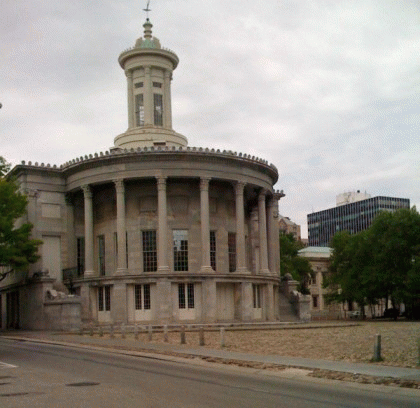
Angels And Demons-- a Satisfying Thriller With Some Messages |
|
| Rate It | View Ratings |
Rob Kall is an award winning journalist, inventor, software architect, connector and visionary. His work and his writing have been featured in the New York Times, the Wall Street Journal, CNN, ABC, the HuffingtonPost, Success, Discover and other media.
Check out his platform at RobKall.com
He is the author of The Bottom-up Revolution; Mastering the Emerging World of Connectivity
He's given talks and workshops to Fortune 500 execs and national medical and psychological organizations, and pioneered first-of-their-kind conferences in Positive Psychology, Brain Science and Story. He hosts some of the world's smartest, most interesting and powerful people on his Bottom Up Radio Show, and founded and publishes one of the top Google- ranked progressive news and opinion sites, OpEdNews.com
more detailed bio:
Rob Kall has spent his adult life as an awakener and empowerer-- first in the field of biofeedback, inventing products, developing software and a music recording label, MuPsych, within the company he founded in 1978-- Futurehealth, and founding, organizing and running 3 conferences: Winter Brain, on Neurofeedback and consciousness, Optimal Functioning and Positive Psychology (a pioneer in the field of Positive Psychology, first presenting workshops on it in 1985) and Storycon Summit Meeting on the Art Science and Application of Story-- each the first of their kind. Then, when he found the process of raising people's consciousness (more...)

OpEdNews depends upon can't survive without your help.
If you value this article and the work of OpEdNews, please either Donate or Purchase a premium membership.
If you've enjoyed this, sign up for our daily or weekly newsletter to get lots of great progressive content.
Most Popular Articles by this Author: (View All Most Popular Articles by this Author)
A Conspiracy Conspiracy Theory
Debunking Hillary's Specious Winning the Popular Vote Claim
Terrifying Video: "I Don't Need a Warrant, Ma'am, Under Federal Law"
Ray McGovern Discusses Brutal Arrest at Secretary Clinton's Internet Freedom Speech
Hillary's Disingenuous Claim That She's Won 2.5 Million More Votes is Bogus. Here's why
Cindy Sheehan Bugged in Denver
To View Comments or Join the Conversation:




